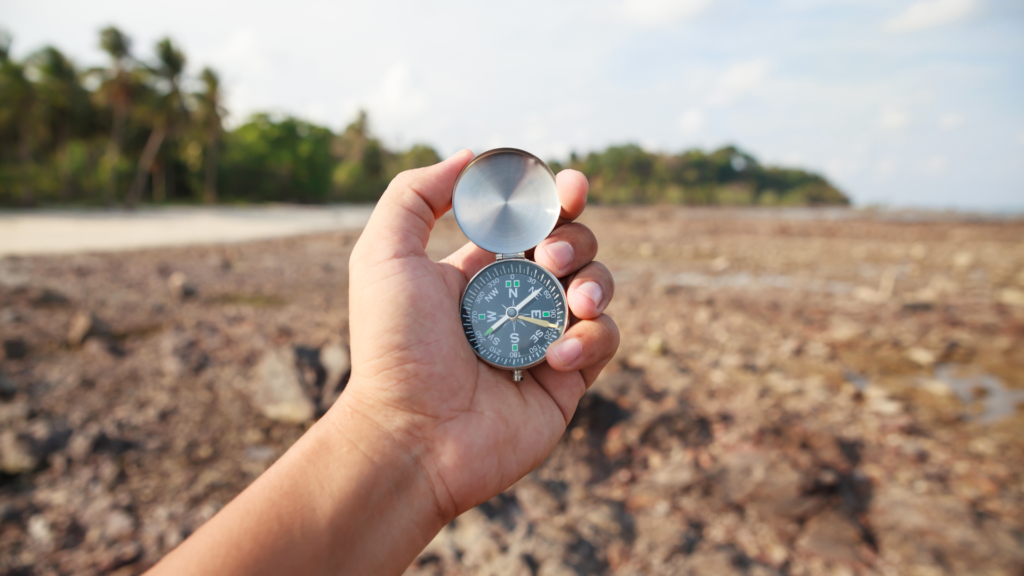Navigating a new city can be overwhelming, especially if you’ve never been there before. However, with a little bit of preparation and the right tools, it doesn’t have to be so difficult! From using GPS apps to taking along a guidebook, here are 8 tips for navigating a new town without getting lost.
Plan Your Route Before You Leave Home
If you are planning to explore a new area by yourself, be sure to research the area thoroughly before you leave home. Plan your route ahead of time and make sure to take into account any potential hazards along the way. Practice your navigation skills in practice environments before you go on your real trip. And always carry a map and compass with you in case of emergency.
Use Landmarks and Signposts to Orient Yourself
When traveling by foot or bike, it is essential to use landmarks and signposts to orient yourself. There are many ways to learn these navigation skills, including using a map, consulting an online travel guide, or using a GPS. One of the simplest ways to orient yourself is to use landmarks. Every city and town has identifiable features, such as churches, government buildings, bridges, hills, and parks. When you see one of these features while on your walk or bike ride, take a moment to identify it and make note of its location.
Another way to orient yourself is by using signposts. Signs indicate important directions (like “West”), show distances (in kilometers or miles), and often include symbols for restaurants or hotels. Again, when you encounter a signpost while on your travels, take a moment to scan it for information. If you’re lost, stop at the first landmark you see and ask for help from local residents.
When in Doubt, Ask a Local for Directions
If you’re feeling lost or unsure of your surroundings, it’s always a good idea to ask a local for directions. Whether you’re in a new city or the countryside, locals are usually more than happy to help. Just be sure to gather as much information as possible before asking. This includes the name of the street, landmark, and even the name of the block if necessary. If all else fails, don’t be afraid to call your trusted friend or family member for backup!
Avoid Walking Alone at Night or in Unfamiliar Areas
When traveling in unfamiliar areas, it is important to exercise caution. Always walk with someone you know or travel in well-lit areas. Additionally, avoid walking alone at night or in areas where there are few people around. If you do feel unsafe, always try to get away from the area as quickly as possible and notify emergency services if necessary.
Carry a Map and Compass With You at All Times in Case of Emergency
Carrying a map and compass with you at all times in case of emergency or when navigation becomes difficult is an important skill to have for safe travels. Knowing how to navigate using landmarks, compass directions, and other basic navigational tools can ensure your trip goes smoothly. In addition to a map and compass, having a reliable GPS can also be extremely helpful in finding your way around.
If you are unsure about where you are, it is always best to stay put and ask someone for help. If things do start to go wrong and you find yourself lost or stranded, remember that following the sun will help you orient yourself. Avoid looking for specific landmarks or features. Instead, focus on general areas that look familiar. Use flora and fauna as markers to help plot your course back home.
Stay Aware of Your Surroundings at All Times
When traveling in unfamiliar areas, it is important to be aware of your surroundings at all times. This includes looking out for cars, people, animals, and other landmarks. It is also advisable to keep an eye on the time as you may need to find a place to wait for nightfall or head towards safety if darkness falls prematurely. When traveling through rural areas or in developing countries, do not hesitate to ask locals for help should you get lost. They will be able to direct you to the nearest town or landmark, and may even be able to offer a ride if necessary.
Finally, always take caution when crossing busy streets or hiking in unfamiliar areas. Stay aware of your surroundings and never wander off alone.
Familiarize Yourself With the Local Customs and Regulations
Before you set off on your next trip, be sure to familiarize yourself with the local customs and regulations. In some countries, it is customary to tip your hotel staff; in others, it is not. Know what’s considered impolite behavior in a certain locale and be prepared to adhere to those standards. Additionally, make sure you are aware of the local safety hazards and how to avoid them. For example, in some areas, it is standard practice not to walk along busy streets at night. By knowing these things ahead of time, you can travel safely and comfortably!
Don’t Hesitate To Ask For Help if You Find Yourself in a Difficult Situation
If you find yourself lost, don’t hesitate to ask for help. Locating landmarks and other points of interest can be difficult when traveling in unfamiliar territory. So enlist the help of a local if possible. If you can’t find anyone or don’t feel safe approaching someone, look for a sign that indicates where to go for assistance. In some cases, emergency services may be able to provide a map or guide to your destination.







